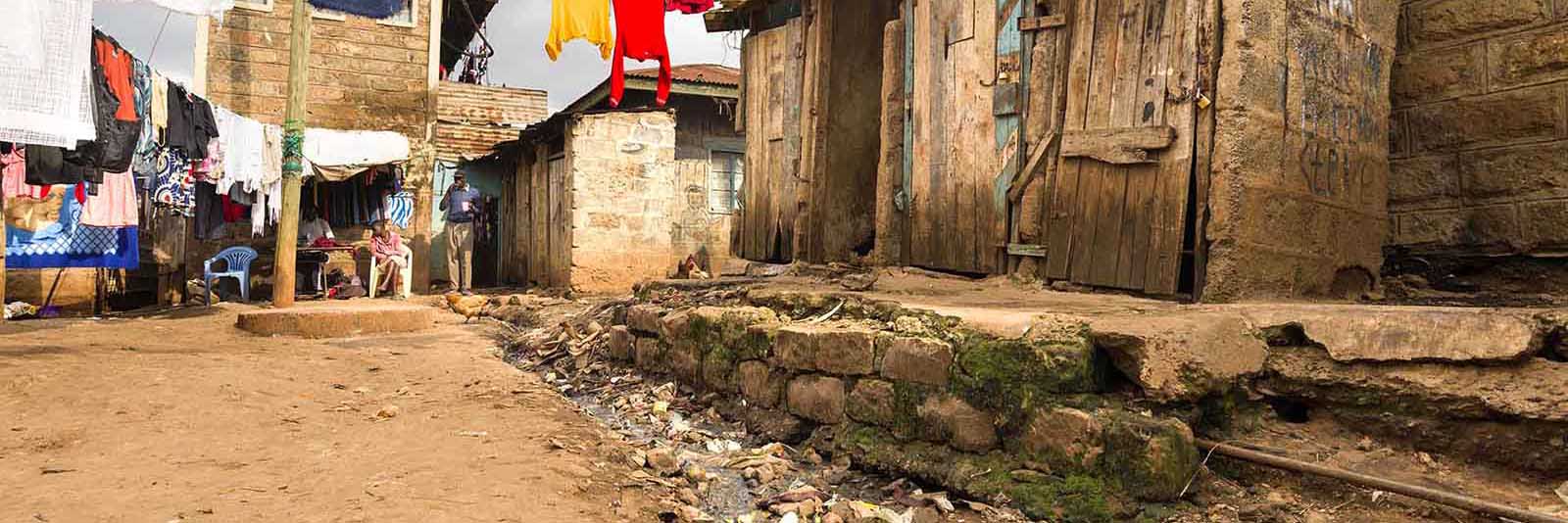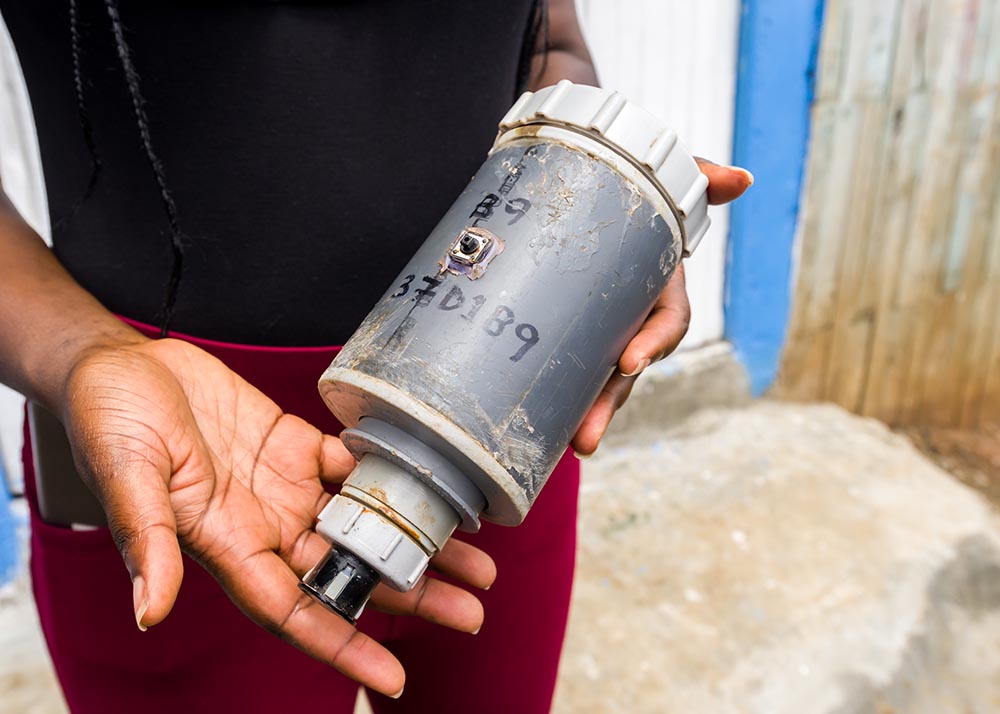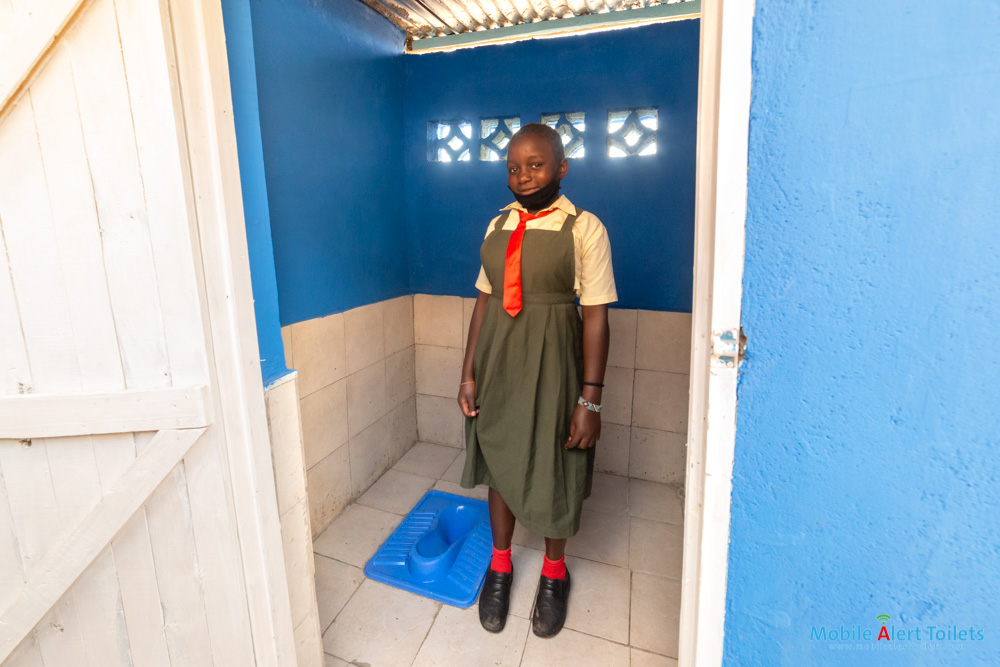
The Sanitation Problem
Globally, 2.4 billion people live without access to a basic sanitation service, 892 million of these people practice open defecation. In sub-Saharan Africa alone more than 70% of people still lack access to basic sanitation.
According to the World Bank, only 30% of Kenyans have access to safely managed sanitation.
A high majority of the 6.4 million urban dwellers practice open defecation, or rely on the services of local latrine sanitation workers.
The sanitation workers manually scoop waste and typically dump into water bodies and ecosystems, with devastating consequences to public health and economic growth.
Joyce Klu, the founder of Mobile Alert Toilets (MAT) explains more in our video below.
The Solution
Mobile Alert Toilets is a social business that uses our online platform to connect individual stakeholders by scheduling, collecting and treating/recycling waste to generate revenue.
This is achieved by installing our ultra-sonic sensors into pit latrines.

Data from the sensors is used to automatically schedule collection by dispatching available latrine vacuum trucks and sanitation workers to collection points. The waste is safely removed and transported to recycle/treatment plants.
Our clients can check the fill levels of their latrines, make purchases for their sanitary needs and can interact on our community feature.
MAT is presently focusing on schools in urban slums of Kenya, currently working in the Korogocho slums.
Existing dilapidated school latrines are either demolished and reconstructed, or renovated by re-enforcing slabs, improving the superstructure (roofing, walls & ventilation).

The Social Impact
Our work has made a real difference in peoples lives, providing sanitary infrastructure to those most in need, as well as improving their environment.
Some of the key numbers are shown below.

20,000
Litres of waste diverted from the Nairobi river

3,900
Students have benefitted from our innovation

13
Schools have benefitted from newly constructed or renovated latrines
